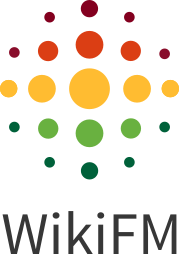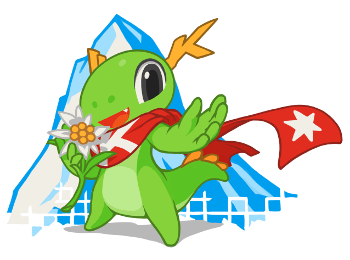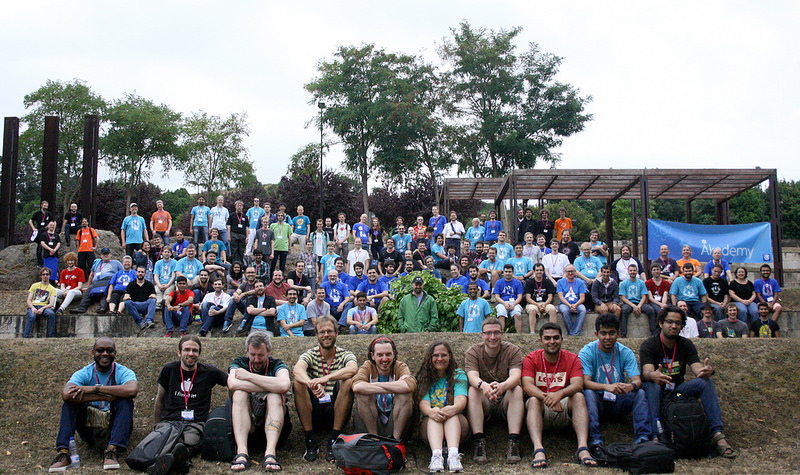Another KDE success story - the Incubator - Part 1
Submitted by jpwhiting on Mon, 2015/08/17 - 8:32pmOver the past year or so KDE has taken a new approach to projects joining our "Umbrella" Namely the KDE Incubator. This new program aims to help projects with similar ideals to our existing projects join us with all that that implies.

The incubator couples a sponsor from the KDE community with a plan to move/migrate a project into the systems that KDE provides as a community including mailing lists, websites, code repositories, etc. One of the main responsibilities of the sponsor is to help the project's members become part of the KDE community itself by guiding in any way required and helping with source code migration, mailing list migration and figuring out the other aspects of how the KDE community works.
One of the first projects to be incubated was Wiki2learn. It has also been one of the slower projects to migrate fully, but at this years Akademy has had some exposure that should help it grow further.
- Read more about Another KDE success story - the Incubator - Part 1
- Log in or register to post comments




